Frequently Asked Questions (FAQs)
Welcome to our FAQ section! Here you'll find clear answers to common questions about Thai Solar Power’s products and services. We believe solar energy should be simple and accessible — so we’ve put together this guide to help you better understand how solar works and how it can benefit your home or business. Our experienced team is here to support you with reliable information on installation, maintenance, and financing. Still have questions? Feel free to contact us — we’re happy to help with advice and custom solutions for your solar needs.
Solar & Battery Storage – Frequently Asked Questions (FAQs)
Solar energy is a renewable energy source that is generated from the sun\'s rays. It can be harnessed using solar panels, which convert sunlight into electricity. The energy produced by solar panels can be used to power homes, businesses, and even entire cities.
Solar panels use special cells to turn sunlight into electricity. That power is converted by an inverter so you can use it in your home or office.
Solar helps you: • Save money on electricity • Lower your carbon footprint • Gain energy independence • Increase your property value
Most panels last 25–30 years. We offer a 12-year product warranty and a 25–30-year performance guarantee.
It depends on your electricity usage and system size. Many customers save thousands of baht over the system’s life.
It’s a setup where solar panels generate power and batteries store extra energy for later use — like at night or during outages.
Batteries help you: • Use solar energy at night • Stay powered during outages • Keep your system stable when the grid has voltage or frequency issues • Gain more energy independence
Yes, you can install a battery+inverter alone to store grid electricity and use it during peak hours or blackouts. But using it with solar gives better savings.
• Backup power during outages • Lower bills using stored energy • More stable power if grid quality is poor • Energy independence
It depends on your goal: • Save money → On-grid solar • Save + backup → Solar with battery • Full independence → Off-grid solar with more batteries
Our batteries typically last 5–10 years(3000-6000 cycles), depending on usage and care. We provide 2–5 years warranty depending on the battery type.
We use LiFePO₄ (Lithium Iron Phosphate) batteries — they are safe, long-lasting, reliable, and great for solar energy storage.
Yes! We handle everything and offer: • Installation warranty: 1–3 years (depending on agreement) • Battery warranty: 2–5 years • Inverter warranty: 2–5 years • Solar panel warranty: 12 years product + 25–30 years performance
Yes! Any solar system connected to the grid must get MEA or PEA approval — we handle the full permission process for you.
We offer a full-service solution: • Site survey & visit • Energy meter installation to understand your load • System design & engineering • Installation • Approval documents & grid connection We ensure your system is safe, reliable, and optimized for your needs.
No. Solar and battery systems require professional installation for safety, efficiency, and warranty validity.
If you have a battery, your system switches to backup mode — keeping lights, Wi-Fi, fridge, or other key appliances running.
Yes, solar panels still work in cloudy weather — though with reduced output. A battery helps supply power when solar generation is low.
Absolutely. We can design your system to be expandable — so you can add more panels or batteries when needed.
